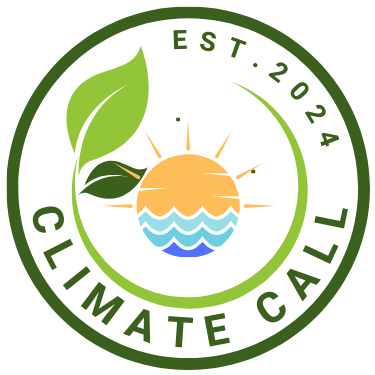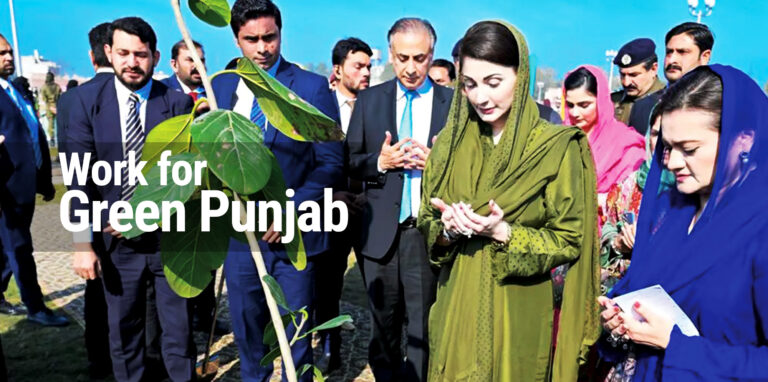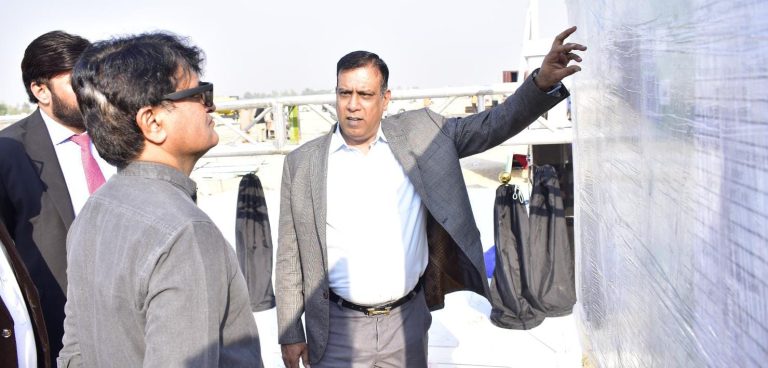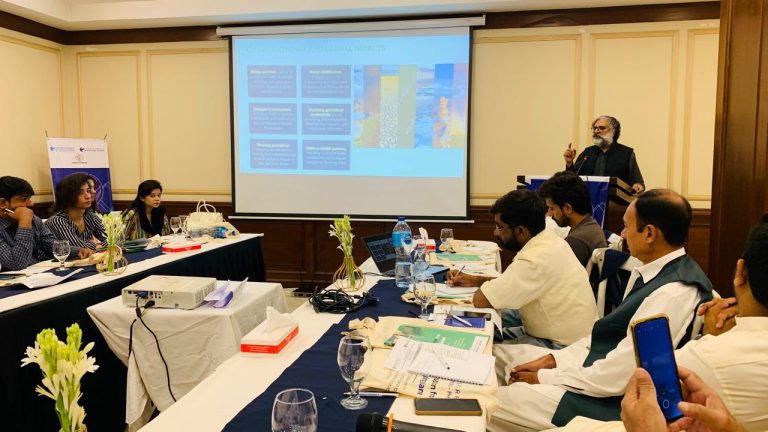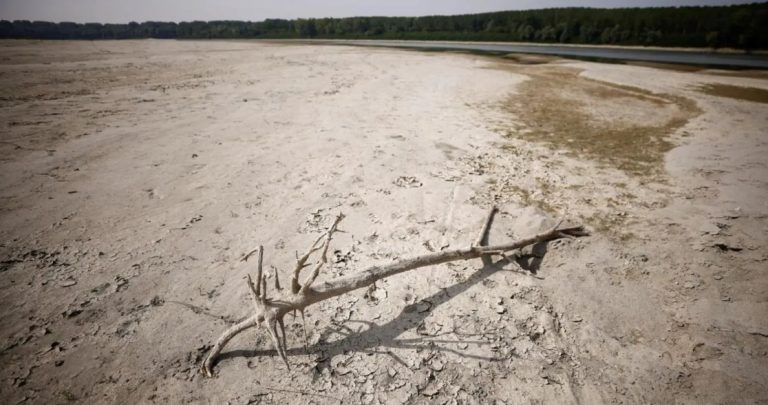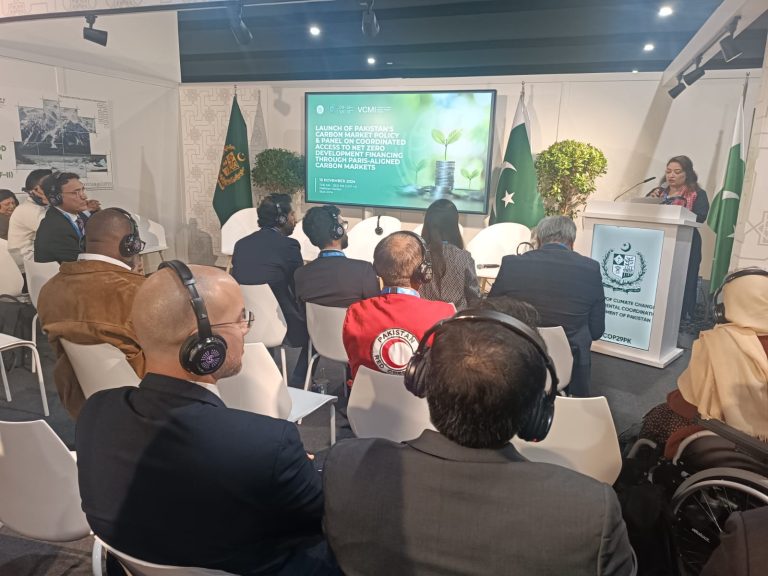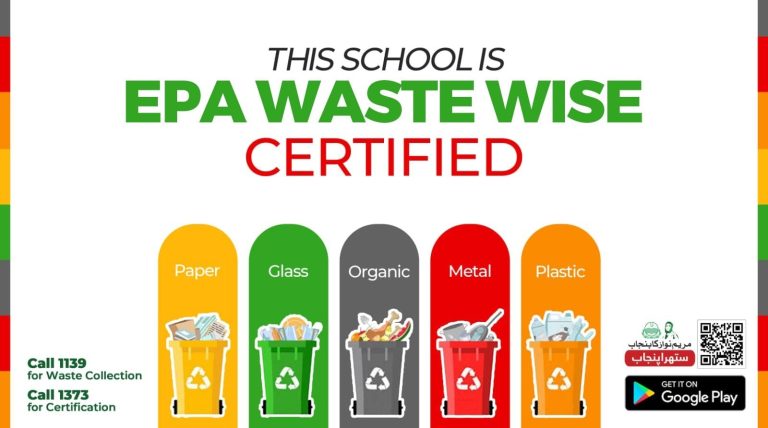Transparency International Pakistan Urges Federal Government to Address Integrity Risks in Carbon Markets Policy Framework
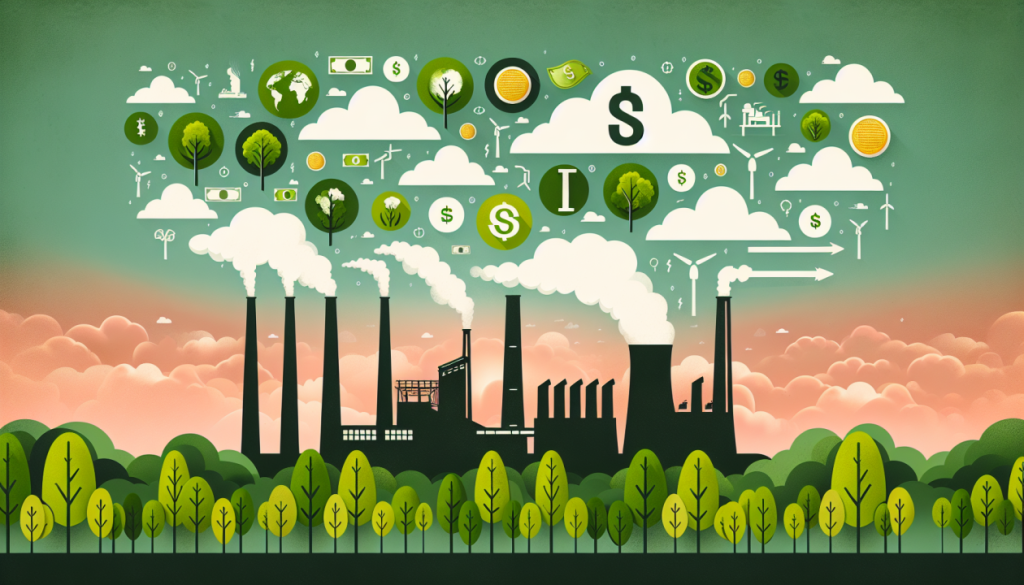
ISLAMABAD: Transparency International Pakistan has commended the federal government for developing policy guidelines for Trading in Carbon Markets 2024. Recognizing Pakistan’s minimal contribution to global greenhouse gas (GHG) emissions, at just 0.8%, the organization highlighted the country’s vulnerability to climate change, ranking as the fifth most affected nation globally. Carbon markets, as outlined in Article 6 of the Paris Agreement, are viewed as an effective mechanism for reducing GHG emissions while offering economic incentives for transitioning to sustainable practices. These initiatives are critical for Pakistan to achieve its Nationally Determined Contributions (NDCs) targets set in 2021.
While appreciating the effort, Transparency International raised concerns regarding the potential risks to integrity, transparency, and accountability within carbon markets. As Pakistan formulates its first-ever policy framework for carbon trading, the organization emphasized the importance of incorporating robust oversight and transparency measures based on global best practices to mitigate these risks effectively.
Transparency International highlighted several key recommendations to address these challenges. It stressed the importance of establishing a governance framework for project approvals, market oversight, and monitoring. The organization identified risks such as fraud, embezzlement, and conflicts of interest in project authorizations. To counter these risks, Transparency International proposed implementing mechanisms in line with the Paris Agreement’s guidelines under Articles 6.2, 6.4, and 6.8, emphasizing the need for third-party verification and the enforcement of integrity pacts similar to those outlined in Pakistan Public Procurement Regulatory Authority Rule 7.
The inclusion of local communities in the design and implementation of carbon offset projects was another critical area highlighted. Transparency International advocated for community participation, particularly in initiatives under the Reducing Emissions from Deforestation and Forest Degradation (REDD+) framework. Citing the example of the Mikoko Pamoja project in Kenya, which benefits local communities through revenues from carbon credits, the organization recommended establishing a benefit-sharing mechanism to ensure communities receive their fair share of financial and social advantages from these projects.
The organization also underscored the importance of maintaining environmental integrity in the carbon market. It called for the Climate Change Authority, as mandated under the Climate Change Act 2017, to establish an effective regulatory and oversight mechanism to ensure the quality of credits traded and the proper implementation of projects. Transparency International further emphasized the necessity of robust third-party validation and the creation of a centralized “Carbon Registry.” This registry would serve as a transparent database to track climate projects, emission reductions, and carbon credit transactions, drawing inspiration from similar initiatives like Ghana’s Carbon Registry.
To ensure accountability, Transparency International recommended the inclusion of whistleblower protection mechanisms in the guidelines to encourage the reporting of corrupt practices without fear of retaliation. The organization urged the Prime Minister to incorporate these recommendations into the Carbon Markets Trading Guidelines to address integrity risks and enable Pakistan to maximize the benefits of carbon mitigation projects.
Transparency International Pakistan reiterated its commitment to promoting the rule of law and combating corruption, asserting that transparency and accountability are essential for the success of carbon markets and Pakistan’s broader climate change mitigation efforts.
